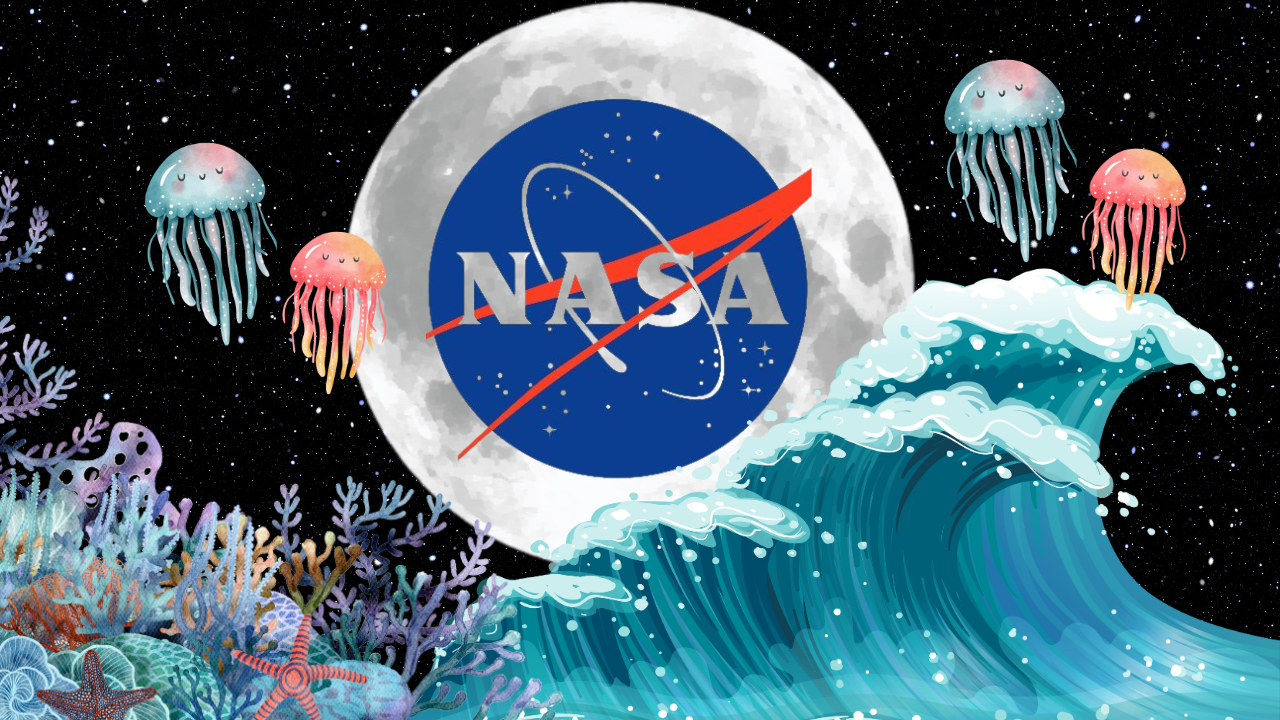I’ve always found the ocean a fascinating, mysterious place, haven’t you? There’s something about its vastness and depth that piques curiosity among people. I mean, we’ve all heard how we know more about space than we do about our own oceans.
But here’s a question: Why did NASA, the organization known for exploring the final frontier, pull back from ocean exploration?
The Shift in Focus

To get the big picture, we need to rewind a bit. NASA did indeed have its toes dipped in the ocean, so to speak, in the early days. Back in the ’60s and ’70s, the agency ran a variety of oceanographic missions.
They were invested in studying everything from marine biology to the ocean’s physical properties. At that time, the ocean was an exciting frontier with the potential for groundbreaking discoveries.
And the reason is pretty straightforward: space was (and still is) a higher priority for them. It’s not that the oceans became less important, but the agency had to make choices based on resources and their primary mission—exploring outer space.
Space vs. Ocean – The Funding Game
You should know this, but just in case…
The ocean rises and falls with rhythmic regularly. It’s thanks to the gravitational pull of the Moon. As the Moon orbits around Earth, it creates a gravitational force that causes a bulge of water to form on the … 1/
📸 IG treasure pic.twitter.com/eXt05vPG1J
— Erika (@ExploreCosmos_) May 2, 2023
NASA’s budget is finite. Every year, they have to justify where their funds go. As much as ocean exploration is crucial, it doesn’t exactly fit into the agency’s core mission, which is all about space exploration, aeronautics, and advancing human spaceflight.
It boils down to this: when NASA’s leadership looked at their limited resources, they realized they had to prioritize. They chose to focus on satellites, space missions, and, of course, landing humans on the Moon and, hopefully soon, Mars. Ocean exploration just didn’t make the cut when pitted against those ambitious goals.[/su_note]
The Role of Other Agencies
When NASA shifted its focus, NOAA took on a more prominent role in ocean exploration. They’ve been doing incredible work mapping the seafloor, studying marine ecosystems, and even deploying technology to explore places we never thought possible. It’s a bit like passing the torch—NASA paved the way, and now NOAA is running with it.
The Technology Factor
Our planet is a beautiful water-filled world, teeming with life.💧
But did you know that Earth is not the only world in our solar system with an ocean?
Here’s what you need to know about Ocean Worlds: 👀⬇️https://t.co/gcEQAJaYBF pic.twitter.com/f8Z1vxaRtM
— NASA (@NASA) August 17, 2020
NASA didn’t just step back and leave ocean exploration high and dry. They’ve contributed a ton of technology and know-how that’s still in use today. Satellite technology, for instance, plays a huge role in monitoring ocean temperatures, and sea levels, and even tracking large-scale weather patterns like hurricanes.
Remember the ROVs (Remotely Operated Vehicles) that can go deep into the ocean’s abyss? A lot of that tech originated from NASA’s robotic exploration tools designed for Mars and other planets.
Houston, Do We Have a Problem?

As intriguing as those stories are, they don’t hold water. NASA’s decision to prioritize space over the ocean has nothing to do with sea monsters or hidden underwater cities. It’s simply about resources and their core mission. But hey, who doesn’t love a good mystery or conspiracy theory now and then?
Why Not Explore Both?
It’s easy to feel like we’re missing out by not giving the ocean the same attention as space. After all, there’s so much left to discover beneath the waves. New species, underwater volcanoes, the list goes on. So why can’t we have both? In an ideal world, we’d explore both realms equally.
Meanwhile, ocean exploration, while equally important, doesn’t have the same allure in the public eye. It’s hard to get people as excited about mapping the ocean floor as they are about sending humans to Mars. That’s not to say ocean exploration isn’t exciting—it absolutely is! But it doesn’t have the same “wow” factor that space exploration does.
How You Can Get Involved

Action
Description
Follow Organizations
Check out NOAA, the Schmidt Ocean Institute, and other groups dedicated to ocean exploration.
Volunteer or Contribute
Many marine organizations welcome volunteers, and even small donations can help fund research expeditions.
Stay Curious
Keep up with the latest discoveries. The more people care about the ocean, the more likely we are to see funding and interest grow.
Wrapping Up
NASA’s focus on space helps push the boundaries of what we know about our universe, and it’s equally important for other agencies and organizations to focus on the unexplored frontiers of our planet.

